In Stock
Buy Radicut (edaravone) Online
DISEASE INDICATIONS: Amyotrophic Lateral Sclerosis (ALS), Cerebral Infarction
MANUFACTURER: Mitsubishi Tanabe Pharma Co., Ltd.
USAGE: Intravenous
MEDICINE APPROVED BY:
Food and Drug Administration (FDA)
Health Canada
Pharmaceuticals and Medical Devices Agency (PMDA)
Radicut, also known as Edaravone, is a prescription medication used in the treatment of Amyotrophic Lateral Sclerosis (ALS), a progressive neurodegenerative disease that affects nerve cells in the brain and spinal cord. This medication has garnered attention for its potential to slow down the progression of ALS, offering new hope to individuals living with this devastating condition.
$944.97
Radicut (Edaravone): A Comprehensive Overview
Radicut, also known as Edaravone, is a prescription medication used in the treatment of Amyotrophic Lateral Sclerosis (ALS), a progressive neurodegenerative disease that affects nerve cells in the brain and spinal cord. This medication has garnered attention for its potential to slow down the progression of ALS, offering new hope to individuals living with this devastating condition.
In this comprehensive description of Radicut (Edaravone), we will explore its mechanism of action, indications, dosing, effectiveness, side effects, precautions, and more:
1. Drug Class and Mechanism of Action: Radicut (Edaravone) is classified as a free radical scavenger. Its precise mechanism of action in ALS treatment is not fully understood, but it is thought to work by reducing oxidative stress and inflammation, which are believed to contribute to the death of motor neurons in ALS patients. By decreasing the damage caused by free radicals, Radicut aims to slow the progression of the disease.
2. Indications: Radicut (Edaravone) is indicated for the treatment of ALS in adults. ALS is a rare and debilitating condition characterized by the gradual degeneration of motor neurons, leading to muscle weakness, loss of motor function, and, ultimately, paralysis. Edaravone is used to slow down the progression of ALS and improve the patient’s quality of life.
3. Dosage and Administration: Radicut (Edaravone) is administered intravenously (IV) by a healthcare professional. The typical dosage regimen involves a daily infusion for 10 to 14 days, followed by a 14-day drug-free period. This cycle is repeated for a total of six cycles, after which the treatment plan may be reassessed based on the patient’s response.
4. Effectiveness: Clinical trials and real-world experience have shown that Radicut (Edaravone) can slow down the progression of ALS in some patients. While it may not reverse the damage already done, it can help extend the period of functional independence and improve the patient’s overall quality of life. The extent of benefit varies among individuals.
5. Side Effects: Common side effects of Radicut (Edaravone) may include bruising or redness at the infusion site, headache, and difficulty walking. Some patients may also experience respiratory problems or skin reactions. It’s important to report any unusual or severe side effects to the healthcare provider.
6. Precautions and Monitoring: Before starting Radicut (Edaravone) treatment, the healthcare provider will perform a thorough evaluation to assess its suitability for the patient. Regular monitoring by healthcare professionals is essential during treatment to detect and manage potential side effects. Patients should also inform their healthcare provider of any underlying health conditions, current medications, or allergies.
7. Cost and Insurance Coverage: As a prescription medication, the cost of Radicut (Edaravone) can vary depending on your location and insurance coverage. It is important to check with your insurance provider and explore available financial assistance programs to help manage the cost, as ALS treatment can be expensive.
8. Duration of Treatment: The duration of Radicut (Edaravone) treatment typically involves six cycles, as mentioned earlier. However, the need for continued treatment may be reassessed based on the patient’s condition and response to therapy. ALS treatment often involves a multidisciplinary approach, including physical and occupational therapy, nutrition, and respiratory support, in addition to medication.
9. Special Populations: The use of Radicut (Edaravone) during pregnancy and breastfeeding should be discussed with a healthcare provider, as its effects on the developing fetus or infant are not well-studied. Women of childbearing age should discuss family planning and contraception options with their healthcare provider if considering Edaravone treatment.
10. Conclusion: Radicut (Edaravone) is a valuable addition to the treatment options available for individuals living with ALS. Its ability to reduce oxidative stress and inflammation offers the potential to slow down the progression of this devastating neurodegenerative disease. While Radicut can provide meaningful benefits, it should be closely monitored by a healthcare provider due to potential side effects, and its suitability should be thoroughly discussed to determine the best treatment approach for the individual’s needs. ALS treatment is typically a collaborative effort involving various healthcare professionals to address the comprehensive needs of the patient.
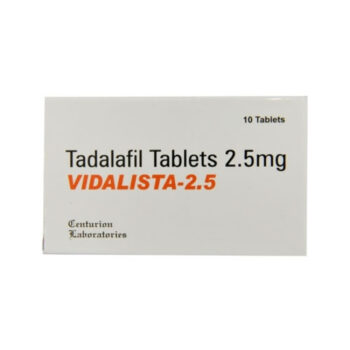

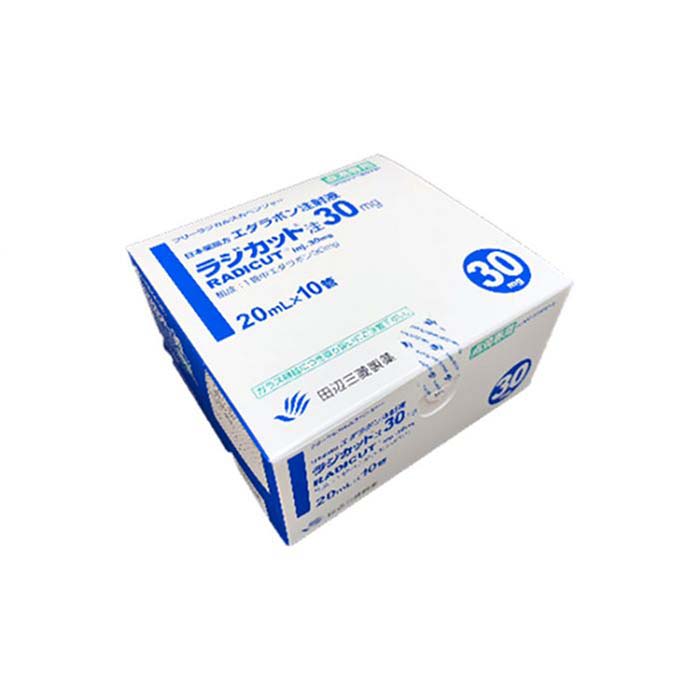
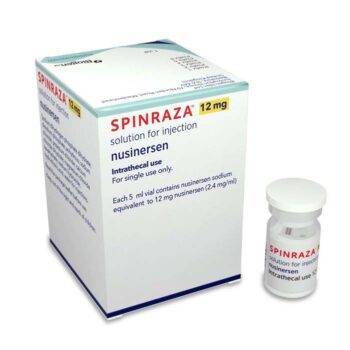
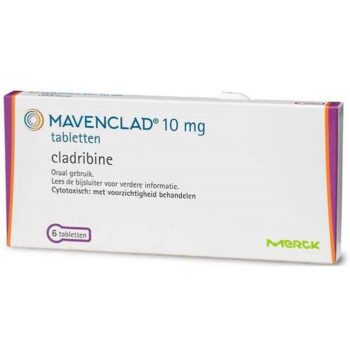
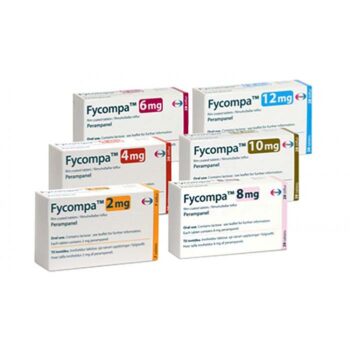
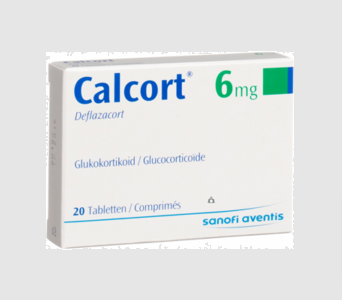
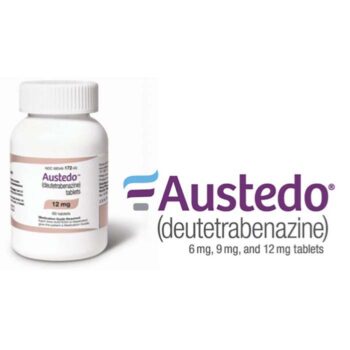
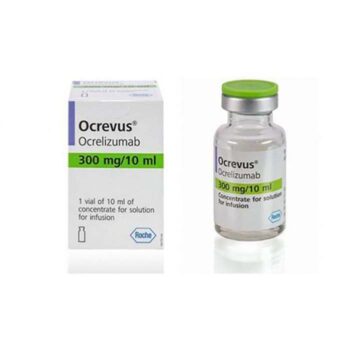
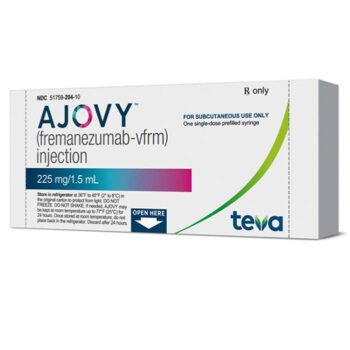


Reviews
There are no reviews yet.